24 Dec VOIP VS PBX
If you are above 50 years of age, you were definitely around when the automated Private Branch Exchange (PBX) made its debut in the telecommunications industry. It was the best thing since sliced bread and everyone was right to be excited about it.
The ability to connect with people, usually within the same office building, without going through a switchboard operator, made the new technology even more disruptive. More than 4 decades later, they’re still around. You know them. Those landlines or desk phones, with multiple cables running riots, that so often adorn corporate offices. Yep, that’s the one.
All good things must come to an end one way or another. The traditional PBX system is no different. The huge costs required to set up and maintain them, the space and equipment needed to install them, and more than a few other disadvantages have made the traditional PBX less desirable. There was a need for something better. Enter the Voice Over Internet Protocol, otherwise known as VOIP.
The major difference between the traditional PBX and VOIP is that while the former uses landline telephones to make and receive calls over the Public Switched Telephone Network (PSTN), the latter uses the internet. While this difference may not seem like much, it is actually everything. Using the internet, VOIP has been able to better everything PBX could not. Here are 4 major benefits of VOIP.
- COST SAVINGS: The cost associated with PBX systems is perhaps the major reason why VOIP was developed (especially where long distances and international communications were involved). The physical pieces of hardware that had to be on-premise required by the PBX cost a lot of money, usually in the range of $5000- $10,000 for small businesses. Additional costs such as those incurred during calls and recurring expenses such as taxes and maintenance are way off the charts.
VOIP systems take away all of that. No specialized installations are required and existing hardware can be used including desk and mobile phones. Call costs are greatly reduced because calls are over the internet and are charged from your normal internet data subscriptions.
Taxes, repairs, and maintenance are taken care of by VOIP service providers and are built into subscriptions that are so low, it could be said that they cost nothing. In fact, by using VOIP, statistics have shown that small businesses can save anything between 11 and 74% on phone bills. If that isn’t enough reason to move to VOIP, I don’t know what is.
- MOBILITY: A major disadvantage of the traditional PBX is that it can only be used in-office. Unless, of course, you are comfortable moving from one place to another with a desk phone tucked in your pocket.
Since VOIP uses the internet, it can be used across a variety of devices; desktop computers, laptops, tablets, smartphones, and even desk phones. This means that users can carry their small businesses wherever they go as long as they have an internet-connected device. Employees don’t need to physically be at the office, they can do their jobs efficiently from anywhere.
- SCALABILITY: VOIP ensures that your business and phone system grow in tandem. It allows for the seamless integration of a large number of new users at no significant cost.
On the other hand, consider what you would need to do with a growing business if you are using the traditional PBX. You would have to buy expensive hardware, prepare a larger space, and install them. Let’s not forget about the spike in phone bills that is sure to follow.
- ADDED FEATURES: Traditional PBX has quite a small number of features compared to VOIP. With the former, you could get features such as voicemail, call hold, call transfer, caller ID, and call recording. Communication channels are also restricted to voice channels.
But with VOIP, you get all that together with automated callback, video calling, instant team chatting, file sharing, social media access, call transcription, CRM and other third-party integrations, etc.
There are also advanced features such as IVR and ACD that could make a very small business seem big and a business in an entirely different location, seem local.
- THE BOTTOM LINE
Like everything else, VOIP has its drawbacks, prominent among which is its reliance on the so-called broadband internet connection. But that is hardly an issue in most places.
In the end, the benefits far outweigh the costs. VOIP is revolutionizing the industry and turning small businesses into large, profitable ones. If you want the same for your business, then you had better jump on a call with (YOUR COMPANY NAME). We can help you set up in no time, and have you saving more money on phone bills than you could ever imagine.



Sorry, the comment form is closed at this time.